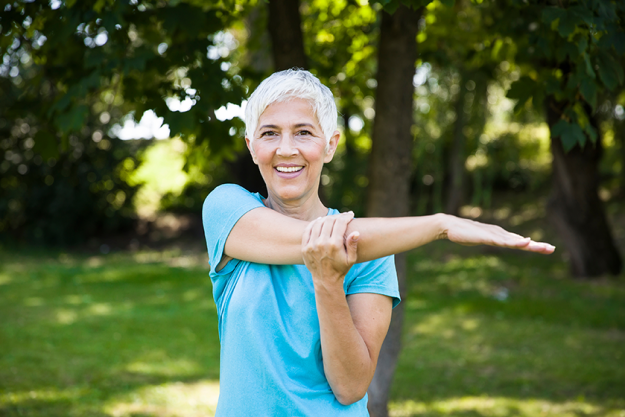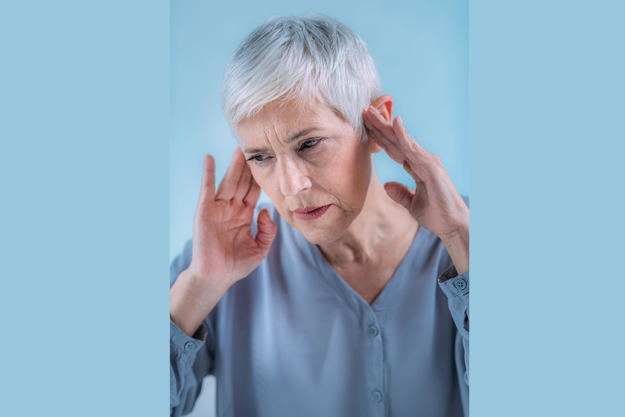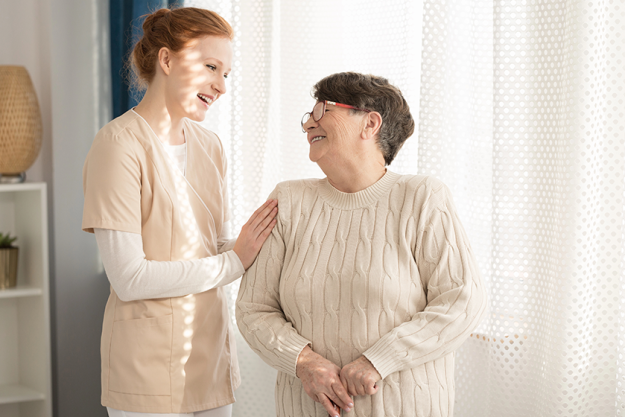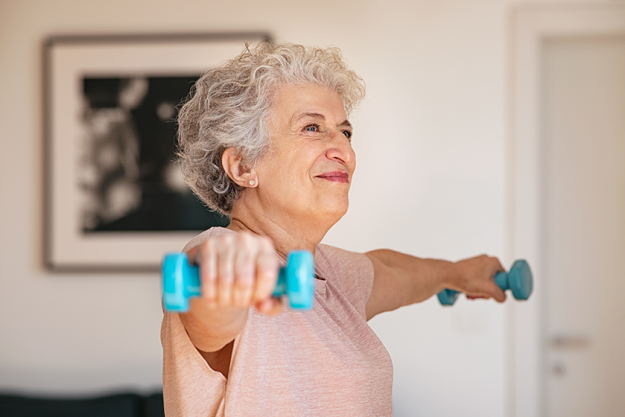3 Exercises To Improve Functionality In Advanced-Stage Parkinson’s Disease
Parkinson’s disease affects movement, coordination and balance. This makes daily tasks more difficult. As the condition progresses, individuals with advanced-stage Parkinson’s disease often struggle with stiffness, weakness and limited mobility. Incorporating specific exercises for advanced-stage Parkinson’s disease can enhance functionality, increase independence and reduce discomfort. Regular movement and targeted exercises help maintain muscle strength, improve…










